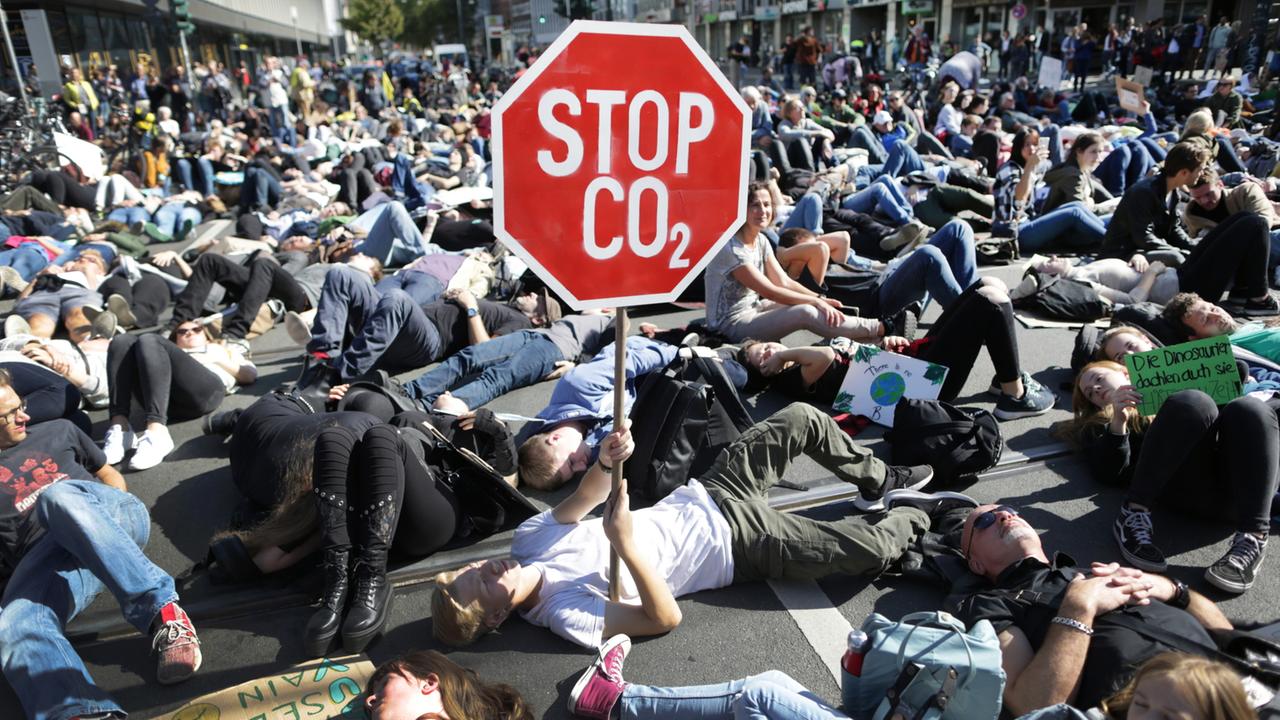What is the situation regarding the right to assembly in European countries? Research by Amnesty International paints a “deeply disturbing picture”. The human rights organisation also criticises Germany.
Amnesty International accuses governments in numerous European countries of restricting freedom of assembly and taking repressive action against dissenting opinions.
Its report on the state of the right to protest in 21 European countries, including Germany, shows “a pattern of repressive laws, disproportionate use of force, arbitrary arrests and prosecutions, and unjustified or discriminatory restrictions,” the human rights organization said.
Increasing use of surveillance
This pattern extends across the entire continent. In addition, there is an increasing use of surveillance technologies, which leads to “deterrence and intimidation and thus to a systematic restriction of the right to demonstrate.”
According to the Secretary General of Amnesty International in Germany, Julia Duchrow, the research paints “a deeply disturbing picture of a Europe-wide attack on freedom of assembly”.
Criticism of police measures
According to the report, from 2020 to September 2023 there were numerous examples of excessive or unnecessary use of force by the police during protests – including incidents that amounted to torture. “The research also found that there are cases of impunity or lack of police accountability in at least 13 of the 21 countries examined, including Germany,” Amnesty criticized.
The human rights organisation also criticised a trend towards defamation of protests and an increasing portrayal of peaceful civil disobedience as a threat to public safety and order. Authorities in Germany, Italy, Spain and Turkey have labelled climate activists as “eco-terrorists” or “criminals”. At the same time, they have also “targeted them with measures to combat organised crime and by using terrorism-related laws”.
Measures often disproportionate, according to Amnesty
Amnesty also criticized preventive measures in Germany, Italy and the United Kingdom. These made it possible to “exclude people from certain locations or future activities – and in some cases even detain them – in order to prevent them from participating in acts of civil disobedience.”
Authorities across Europe are also restricting or banning pro-Palestinian protests in particular. The human rights organization believes that these measures are often disproportionate.




